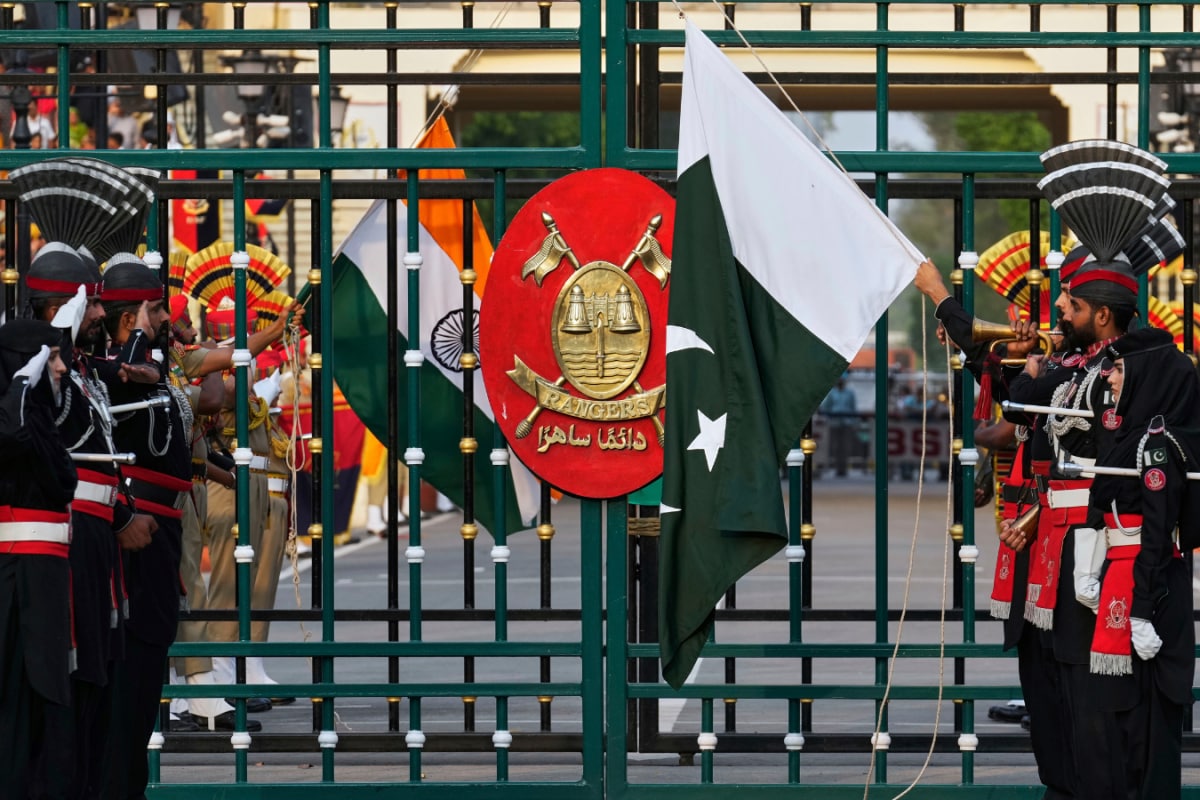

India has strongly condemned Pakistan for its continued support of cross-border terrorism, asserting that there has been no let-up in such activities. This condemnation follows a period of heightened tensions and military action between the two countries, triggered by a recent terror attack in India.
The Ministry of External Affairs (MEA) has been particularly vocal in its criticism, stating that any country fostering terrorism while believing it can avoid repercussions is mistaken. MEA spokesperson Randhir Jaiswal emphasized the global recognition of Pakistan as the epicenter of terrorism. He noted that several foreign leaders have expressed support for India's right to defend itself against these threats.
The recent escalation can be traced back to the April 22 Pahalgam terror attack in Indian-administered Jammu and Kashmir, which resulted in the deaths of 26 civilians. In response, India launched "Operation Sindoor" on May 7, a military campaign involving missile strikes on alleged terrorist infrastructure within Pakistan and Pakistan-occupied Jammu and Kashmir (PoJK). India maintained that the strikes were targeted at terrorist groups like Jaish-e-Mohammed and Lashkar-e-Taiba, and that no Pakistani military or civilian facilities were intentionally targeted.
Pakistan, however, has denied these claims, asserting that the Indian strikes hit civilian areas, including mosques, and resulted in civilian casualties. Pakistan responded with counterstrikes of its own, leading to a period of intense cross-border shelling, drone attacks, and even missile strikes targeting airbases and military infrastructure on both sides. This marked the first instance of drone warfare between the two nuclear-armed nations.
India has described "Operation Sindoor" as a demonstration of a new counter-terrorism doctrine, characterized by decisive retaliation, a rejection of nuclear blackmail, and the principle that there is no distinction between terrorists and their state sponsors. Prime Minister Narendra Modi stated that Pakistan has the choice of ceasing its support for terror proxies or facing annihilation. He praised the Indian Armed Forces for dismantling Pakistan-based terror infrastructure, claiming that Pakistan was left "begging for peace".
Despite the heightened tensions and military exchanges, the Directors General of Military Operations (DGMOs) of India and Pakistan held talks and reaffirmed their commitment to the ceasefire agreement. Both sides agreed to avoid aggressive actions and consider troop reductions. However, India has also made it clear that dialogue and terrorism cannot coexist. The MEA has dismissed Pakistan's offers for dialogue, reiterating that any engagement must be bilateral and that Pakistan must take concrete steps to dismantle terrorist infrastructure and hand over wanted terrorists to India.
The international community has also taken note of the situation. India has accused the Organisation of Islamic Cooperation (OIC) of making "unwarranted" and "factually incorrect" remarks under Pakistan's influence, a state that India accuses of turning terrorism into "statecraft". India has also stated that Pakistan's reputation as the epicenter of global terrorism will not diminish, despite its attempts to deflect attention.
The situation remains tense, and the potential for future outbreaks of violence remains a concern. India faces a strategic dilemma, needing to counter the threat of terrorism while managing the risk of prolonged military conflict with Pakistan. The resolution of this issue is further complicated by ongoing tensions over Kashmir, the suspension of a bilateral water-sharing treaty, and the involvement of other major powers in the region.